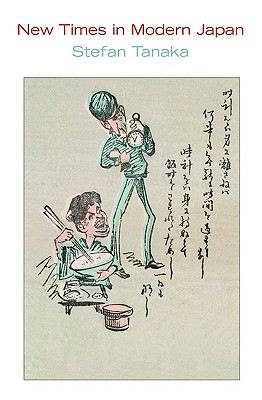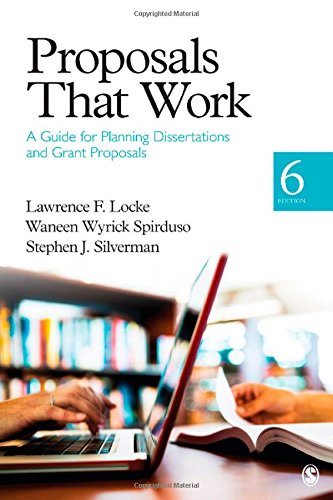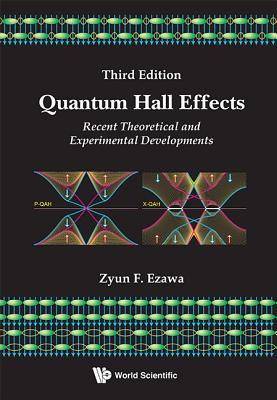
New Times in Modern Japan
近代日本的新时代
亚洲史
¥
355
售 价:
¥
284.00
优惠
平台大促 低至8折优惠
发货周期:预计8-10周
作 者
出版时间
2006年07月23日
装 帧
平装
页 码
225
开 本
23.5 x 15.7 x 1.5 cm
语 种
英文
综合评分
暂无评分
- 图书详情
- 目次
- 买家须知
- 书评(0)
- 权威书评(0)
图书简介
New Times in Modern Japan concerns the transformation of time--the reckoning of time--during Japan’s Meiji period, specifically from around 1870 to 1900. Time literally changed as the archipelago synchronized with the Western imperialists’ reckoning of time. The solar calendar and clock became standard timekeeping devices, and society adapted to the abstractions inherent in modern notions of time. This set off a cascade of changes that completely reconfigured how humans interacted with each other and with their environment--a process whose analysis carries implications for other non-Western societies as well.
By examining topics ranging from geology, ghosts, childhood, art history, and architecture to nature as a whole, Stefan Tanaka explores how changing conceptions of time destabilized inherited knowledge and practices and ultimately facilitated the reconfiguration of the archipelago’s heterogeneous communities into the liberal-capitalist nation-state, Japan. However, this revolutionary transformation--where, in the words of Lewis Mumford, "the clock, not the steam engine," is the key mechanism of the industrial age--has received little more than a footnote in the history of Japan.
This book’s innovative focus on time not only shifts attention away from debates about the failure (or success) of "modernization" toward how individuals interact with the overlay of abstract concepts upon their lives; it also illuminates the roles of history as discourse and as practice in this reconfiguration of society. In doing so, it will influence discussions about modernity well beyond the borders of Japan.
本书暂无推荐
本书暂无推荐














